Experiencing gum pain or infection can be frustrating and uncomfortable. While many individuals may rush to over-the-counter medications for relief, it's crucial to understand when these are necessary for effective treatment. In the United States, gum health is a significant concern, with a substantial portion of the population experiencing periodontal issues. This article will explore the necessity of medication in relieving gum pain or infection, assess alternative treatments, and offer guidance for maintaining optimal oral health. By doing so, we aim to provide valuable insights aligned with the expert advice on Dentistry Toothtruth.
Understanding Gum Pain and Infection
Gum pain might result from several conditions, including gingivitis, periodontitis, or an abscess. Understanding the underlying cause is the first step toward effective treatment. Gingivitis, the mildest form of gum disease, is often the result of improper oral hygiene. In contrast, periodontitis and abscesses can lead to more severe pain and require professional intervention. According to the American Dental Association, nearly half of American adults suffer from some form of gum disease. Identifying symptoms early can prevent minor issues from developing into more severe conditions.
Medications for Relief
When it comes to reliving gum pain or infections, medications can play a crucial role in treatment. Over-the-counter pain relievers like ibuprofen or acetaminophen can provide temporary relief. However, for combating infection, antibiotics may be necessary. These should only be taken under a dentist's guidance, as misuse can lead to antibiotic resistance. The Dentistry Toothtruth principles emphasize consulting with your dentist to determine whether medication is necessary, as not every gum pain warrants pharmacological intervention.
Alternative Treatments and Home Care
It is not always necessary to rely on medication; alternative treatments and proper home care can often suffice. Regular brushing, flossing, and rinsing with antiseptic mouthwash can exponentially improve gum health. For those experiencing mild discomfort, saltwater rinses and herbal teas with antibacterial properties might provide relief without the need for prescription drugs. Exploring these methods, as recommended by many experts including those featured on our site, can sometimes be effective alternatives to medication.
Conclusion and Recommendations
In concluding, whether medication is needed to alleviate gum pain or infection largely depends on the severity and cause of the condition. Maintaining excellent oral hygiene can prevent most gum diseases and eliminate the need for medication. However, when symptoms persist, it is advisable to schedule a consultation with a dentist to receive a tailored treatment plan and avoid potential complications. Remember, proactive measures today can prevent severe dental issues in the future.

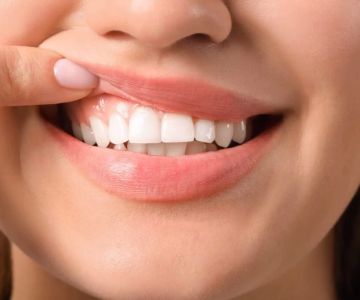
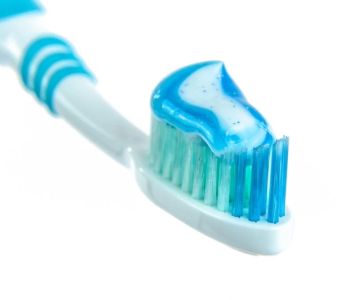
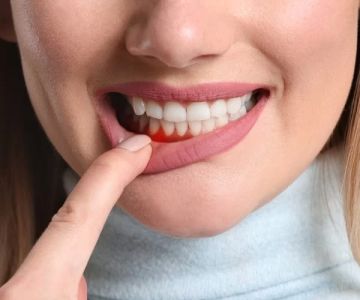
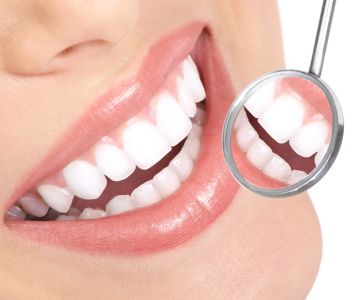

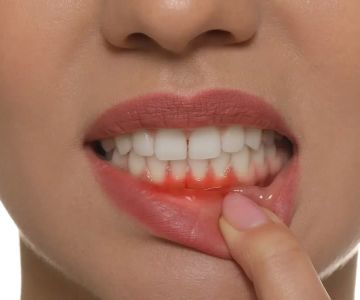
 Claire L. Ho, DDS5.0 (5 review)
Claire L. Ho, DDS5.0 (5 review) River Run Dental4.0 (356 review)
River Run Dental4.0 (356 review) Growing Smiles of Voorhees4.0 (2464 review)
Growing Smiles of Voorhees4.0 (2464 review) Coventry Family Dental4.0 (247 review)
Coventry Family Dental4.0 (247 review) Aspen Dental - Charleston, WV4.0 (497 review)
Aspen Dental - Charleston, WV4.0 (497 review) Babylon Dental Care4.0 (388 review)
Babylon Dental Care4.0 (388 review) The Importance of Oral Health Education During Pregnancy for a Healthy Pregnancy
The Importance of Oral Health Education During Pregnancy for a Healthy Pregnancy Best Tips for Brushing Your Teeth Properly for Healthy Gums: Essential Techniques for Oral Health
Best Tips for Brushing Your Teeth Properly for Healthy Gums: Essential Techniques for Oral Health Why Skipping Dental Checkups Can Lead to Bigger Oral Health Problems
Why Skipping Dental Checkups Can Lead to Bigger Oral Health Problems Advantages of Porcelain Dental Restorations
Advantages of Porcelain Dental Restorations How Can Diabetes Cause Tooth and Gum Problems? Preventing and Managing Oral Health Issues
How Can Diabetes Cause Tooth and Gum Problems? Preventing and Managing Oral Health Issues Healthy Habits for Promoting Good Oral Health and Hygiene: Tips for a Healthy Smile
Healthy Habits for Promoting Good Oral Health and Hygiene: Tips for a Healthy Smile